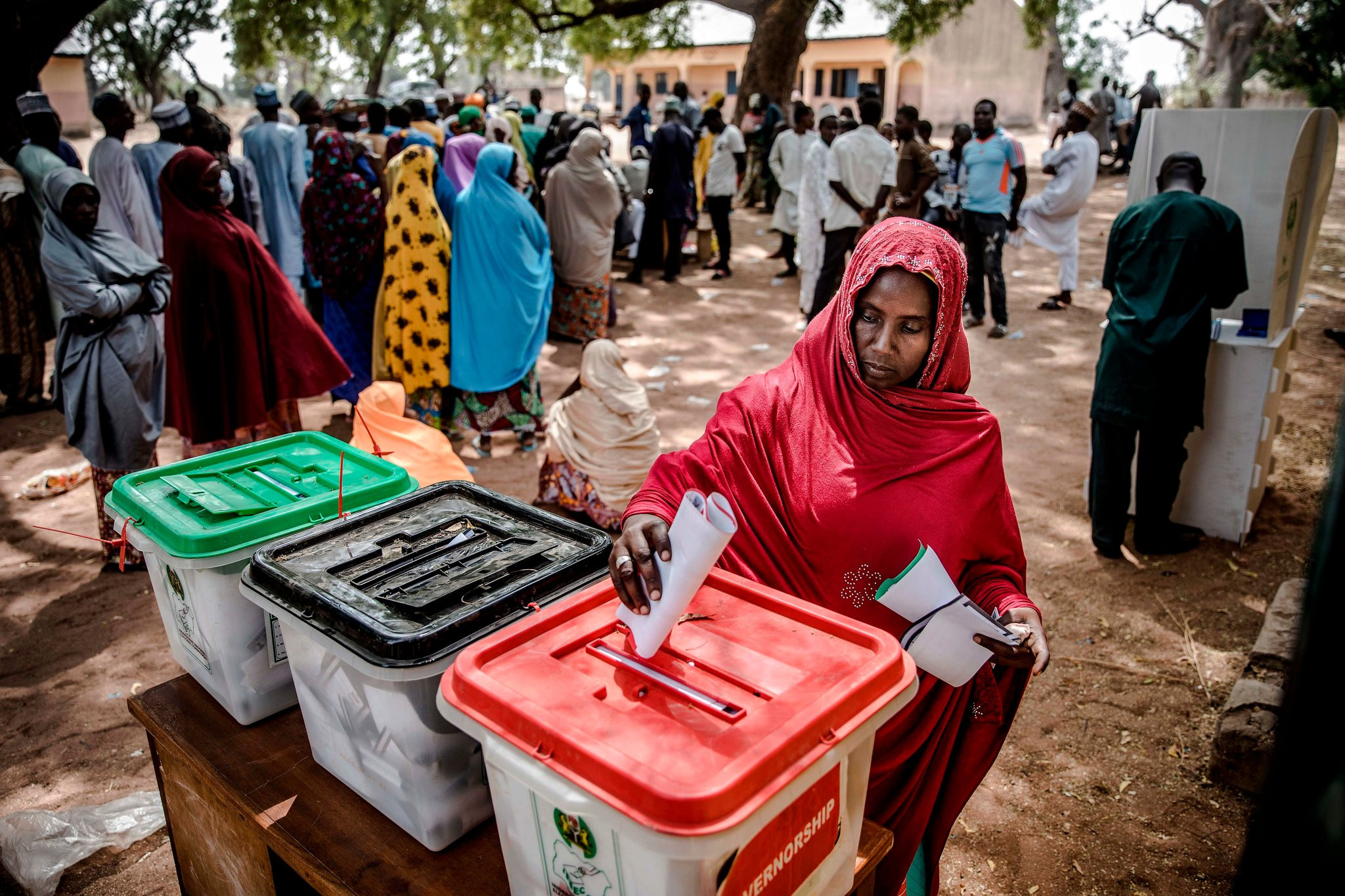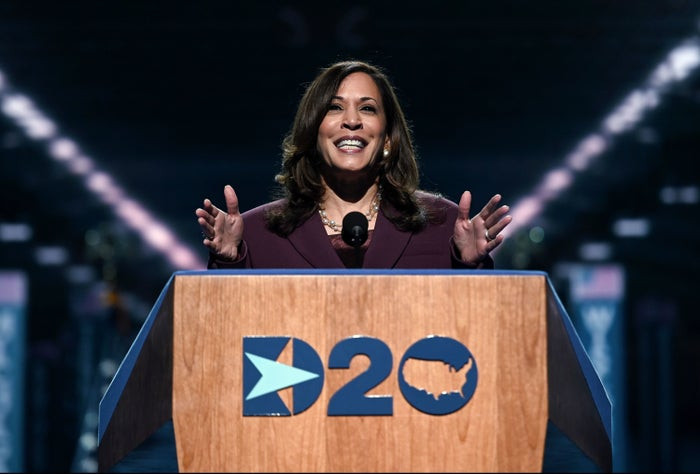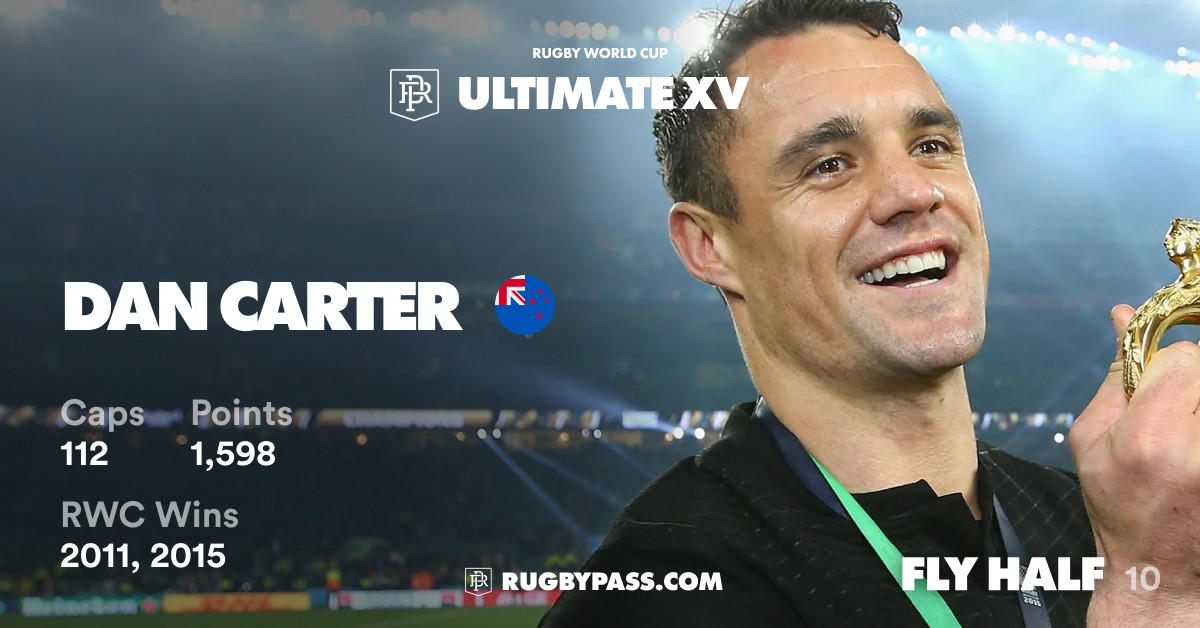Why Do We Keep Electing the Same Failed Leaders?
Stockholm Syndrome is a psychological condition where victims of kidnapping or abuse develop an emotional attachment to their captors. In the context of Nigerian politics, the same principle applies, but here, the "captors" are the political elite, and the "victims" are the millions of Nigerian voters who repeatedly return these leaders to power, despite their continued misrule and empty promises.
Nigerians seem to be caught in a cycle where the very leaders who have contributed to their hardship are continually re-elected, even after successive failures in governance. Just like victims of Stockholm Syndrome, the electorate has developed a strange attachment to these politicians, even when they inflict harm. The question, however, is: why does this happen, and how can Nigeria’s electorate is cured of this cycle of political captivity?
In every election cycle, politicians flood the media with extravagant promises. They pledge to fix roads, create jobs, improve education, and boost the economy. The speeches are compelling, the campaigns grand, and the promises plentiful. Yet, year after year, many of these promises go unfulfilled. Roads remain dilapidated, unemployment grows, the economy falters, and public services deteriorate. Despite this, many voters remain loyal to the very politicians who have failed to deliver.
This dynamic mirrors Stockholm syndrome in that the electorate seems to form an attachment to their "captors", politicians who, instead of bringing progress and development, subject them to increased hardship. For instance, after several administrations of failed leadership in Nigeria, the same political class, whether at the federal, state, or local level, continues to dominate, gaining votes, especially during elections.
Nigeria’s post-colonial history provides context for this attachment. The country has experienced multiple forms of governance, military dictatorships, civilian rule, and corrupt democracies. This turbulent political history has bred a culture of political impunity, where politicians face few consequences for failing to deliver on their promises.
Since the return to democracy in 1999, Nigeria has witnessed the rise of politicians who promise sweeping reforms but fail to achieve substantial change. The Fourth Republic, which began with much hope, soon saw leaders like President Olusegun Obasanjo, who, despite his achievements in stabilizing the country after years of military rule, was unable to significantly reduce poverty or corruption. His successors, Umaru Yar'Adua, GoodluckJonathan, and Muhammadu Buhari, followed with their own brand of promises, but the country has seen little progress in addressing systemic issues like corruption, unemployment, and failing infrastructure.
The Impact of Political Patronage
This cycle of repeated disappointments, however, has not translated into a shift in electoral choices. In 2015, for example, Nigerians voted out Goodluck Jonathan after he was perceived as failing to address rampant corruption and insecurity. In his place came Muhammadu Buhari, a former military leader who promised to fight corruption, improve security, and revive the economy. However, by the end of his second term, many Nigerians were grappling with economic hardship, inflation, and worsening insecurity. Nevertheless, Buhari remained popular in certain regions, with voters unwilling to consider alternatives.
One of the reasons for this electoral behavior is the pervasive culture of political patronage. In many Nigerian elections, votes are often swayed not by policies or governance track records, but by handouts, bags of rice, money, and other incentives distributed by politicians during campaigns. These tokens of patronage create a temporary sense of loyalty among the electorate, causing them to overlook the larger issues of poor governance and corruption. Just like victims of Stockholm Syndrome, who may cling to small acts of kindness from their captors, Nigerian voters often latch onto these short-term benefits and ignore the long-term harm.
This was clearly visible in Nigeria’s 2019 general elections, where politicians across parties relied on vote-buying and last-minute handouts to secure electoral victories. In exchange for these material gifts, voters give away the next four years of their lives to leaders who are often disconnected from the realities of the common man.
The Fear of Change
Moreover, the fear of change plays a significant role in reinforcing this political Stockholm Syndrome. Many Nigerians have grown so accustomed to poor leadership that they have internalized the idea that change is risky. Voters often cling to familiar faces, even when those faces are responsible for their suffering. This fear of the unknown keeps the electorate trapped in a vicious cycle where the same ineffective leaders are continuously recycled into power.
For example, in the buildup to the 2023 general elections, the political establishment fielded familiar candidates, such as Bola Tinubu, a political heavyweight in Lagos and former governor, who won the presidency. Despite the challenges Nigerians have faced under previous administrations, the electorate largely returned to voting along traditional lines, ethnic, regional, and party loyalty, rather than considering fresh alternatives. This highlights the deep-rooted fear of experimenting with new leadership.
The Role of Social Fabric and Identity
Beyond economic incentives, Nigeria's complex social fabric also plays a role in perpetuating Stockholm Syndrome among voters. Many political decisions in Nigeria are influenced by ethnic and religious sentiments. Politicians exploit these divisions to garner support, creating a sense of tribal loyalty that binds the electorate to them regardless of their performance.
For instance, in the northern part of Nigeria, political leaders often use religion and regional identity to consolidate power. Muhammadu Buhari, for example, enjoyed unwavering support from his northern base, despite widespread dissatisfaction with his leadership from other regions of the country. This attachment is less about governance and more about shared identity. Voters defend their "captors" not because they believe they are performing well, but because they view them as "one of us." This emotional attachment prevents them from holding their leaders accountable.
Breaking Free From the Cycle
Breaking free from this political Stockholm Syndrome will require a massive shift in voter awareness. First and foremost, voters need to recognize the power they hold in a democracy. Elections are the most important tool through which citizens can hold their leaders accountable. Voting should not be treated as a mere transaction in exchange for temporary benefits but should be seen as a long-term investment in the future of the country.
To achieve this, civil society organizations, political activists, and the media need to intensify efforts to educate the electorate. Voter education campaigns should focus on explaining the impact of governance on daily life, highlighting how decisions made by politicians affect everything from the price of food to the availability of jobs, healthcare, and electricity. These campaigns must also debunk the myths that make voters cling to underperforming leaders, such as ethnic loyalty or fear of change.
The Power of Accountability
Additionally, investigative journalism can help expose the corruption and mismanagement that often go unnoticed. Holding leaders accountable is critical in ensuring that voters make informed choices. Journalists and activists should continue to scrutinize politicians, bringing their failures to light and reminding the public that promises must be backed by actions, not empty rhetoric.
The Role of the Youth
The role of Nigeria’s youth cannot be underestimated in this movement for change. As the country’s largest voting demographic, young people hold the key to breaking this cycle of political captivity. With access to social media and increased political awareness, the youth have the power to demand better governance.
By rejecting the status quo and embracing new ideas and candidates, Nigeria’s youth can play a crucial role in steering the country away from the grip of corrupt political elites. The youth must reject the crumbs of political patronage and focus on long-term solutions that address the systemic challenges Nigeria faces.
A Path Towards Liberation
Nigeria’s political Stockholm Syndrome is a complex issue rooted in decades of poor governance, political patronage, and social divisions. However, just like victims of Stockholm Syndrome eventually break free from their captors, the Nigerian electorate can also be liberated from this cycle of attachment to poor leadership.
The cure lies in voter education, accountability, and a renewed sense of political engagement, especially among the youth. Until the electorate begins to hold their leaders accountable and refuse to be swayed by short-term rewards, Nigeria will continue to recycle ineffective leaders. The time has come for Nigerians to break free from this political captivity and demand the leaders they truly deserve. The future of the nation depends on it.

















